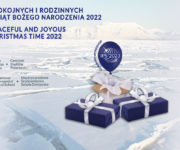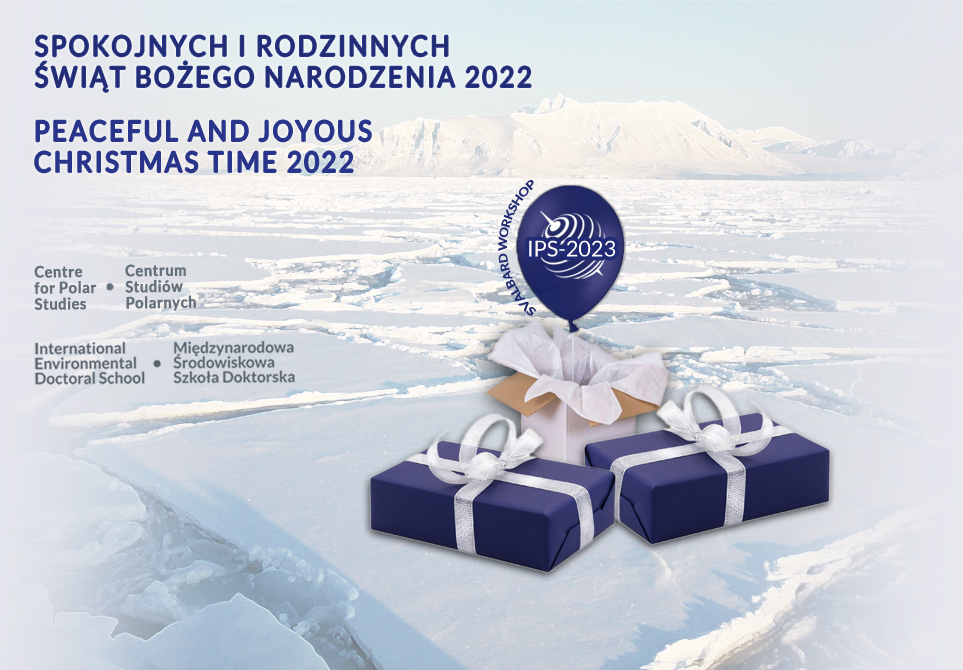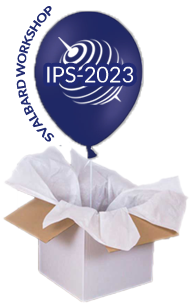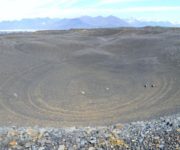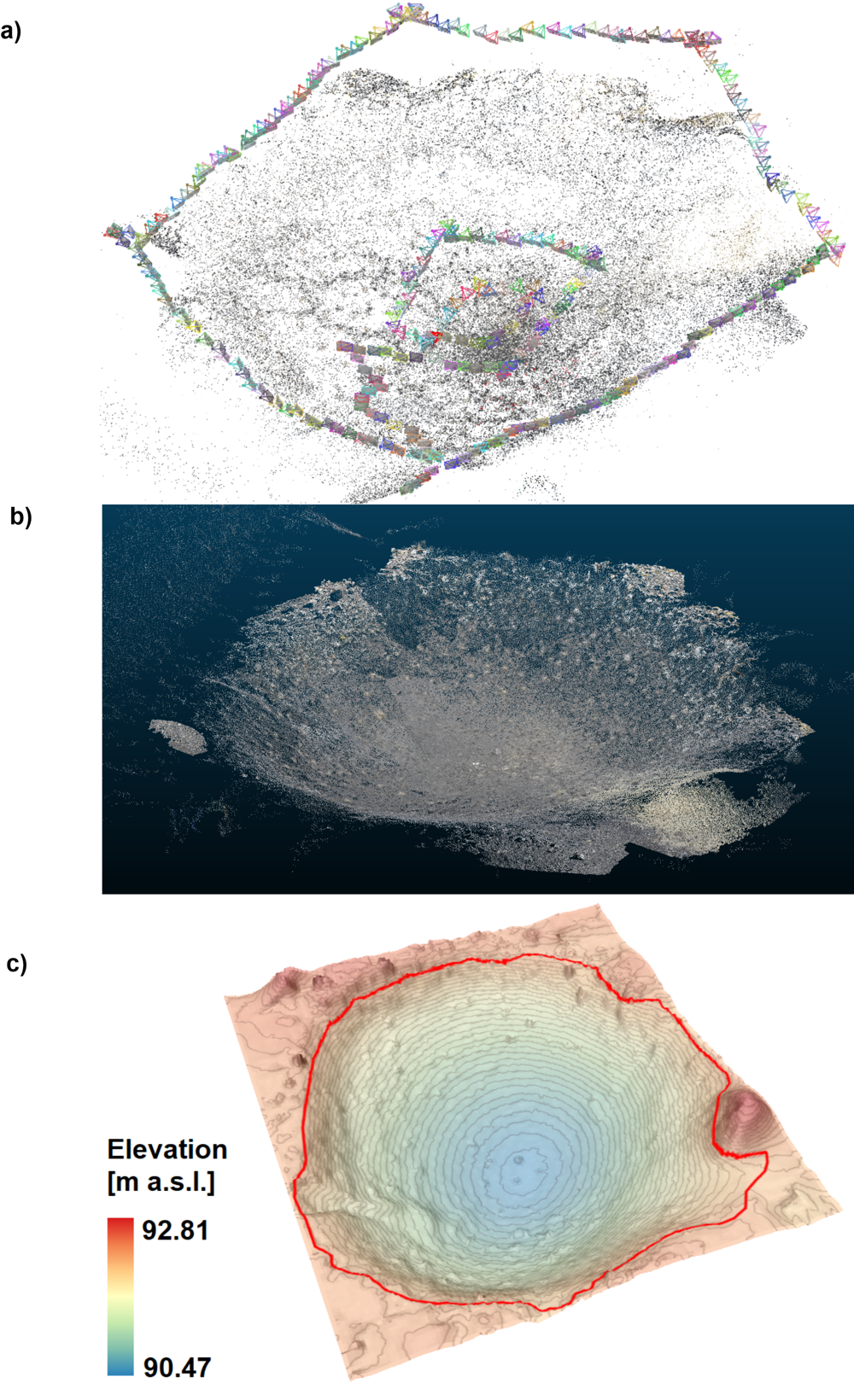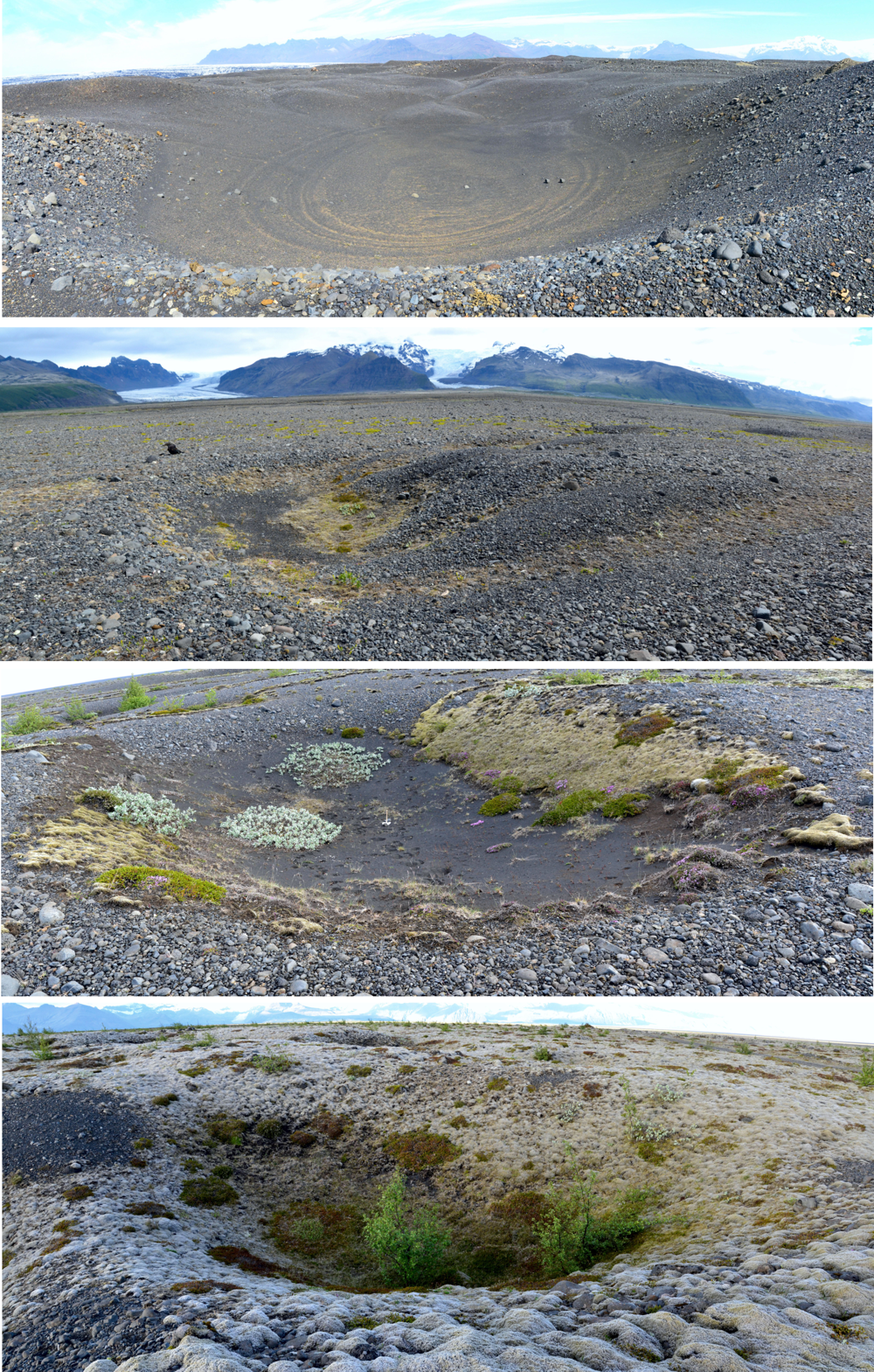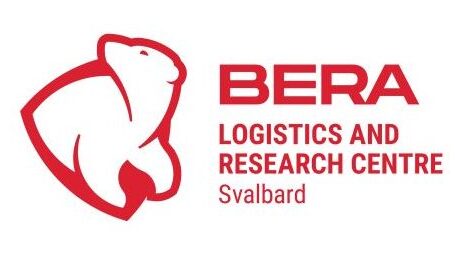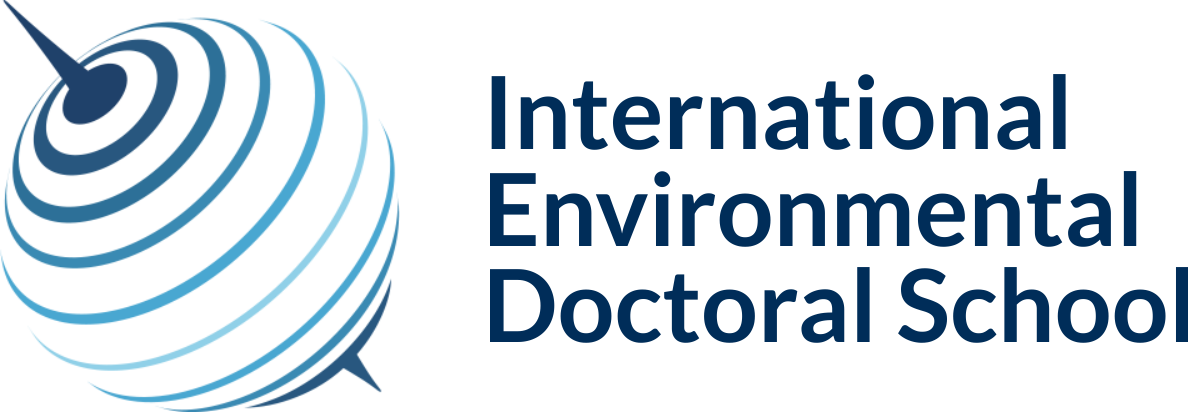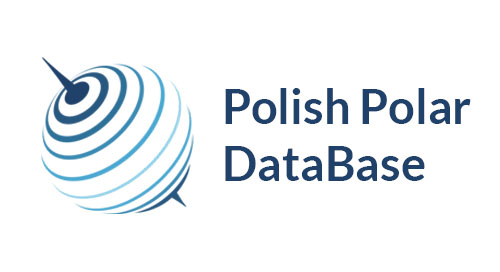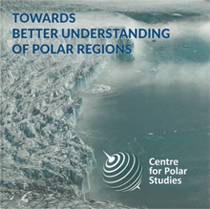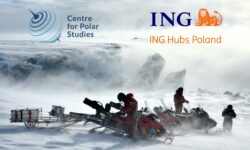
We are pleased to announce that the team of the Centre for Polar Studies at the University of Silesia (CSP) began cooperation with ING Hubs Poland last year. A group of CSP scientists and ING Hubs staff developed areas of potential cooperation in bilateral meetings, which currently include the topics of avalanche hazards and glacier monitoring.
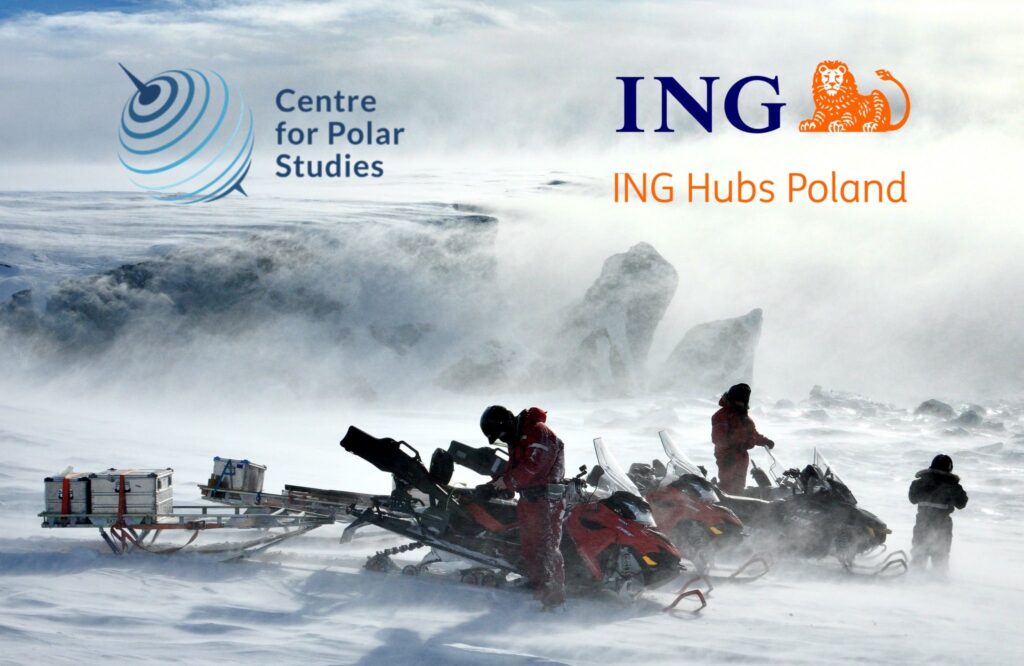
The cooperation allows for the integration of the newest solutions related to machine learning and AI into the research process in the University of Silesia. For ING Hubs employees, this is an opportunity to develop and work on solving important research problems related to the ongoing climate change. The University also received, as a donation, IT equipment necessary for server development and analytical and teaching work.
The coordinator of the cooperation between the Center for Polar Studies and ING Hubs Poland is Beata Fojcik, MSc.
More information about the cooperation can be found on the ING Hubs Poland website.




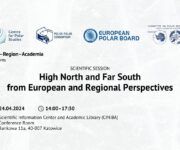
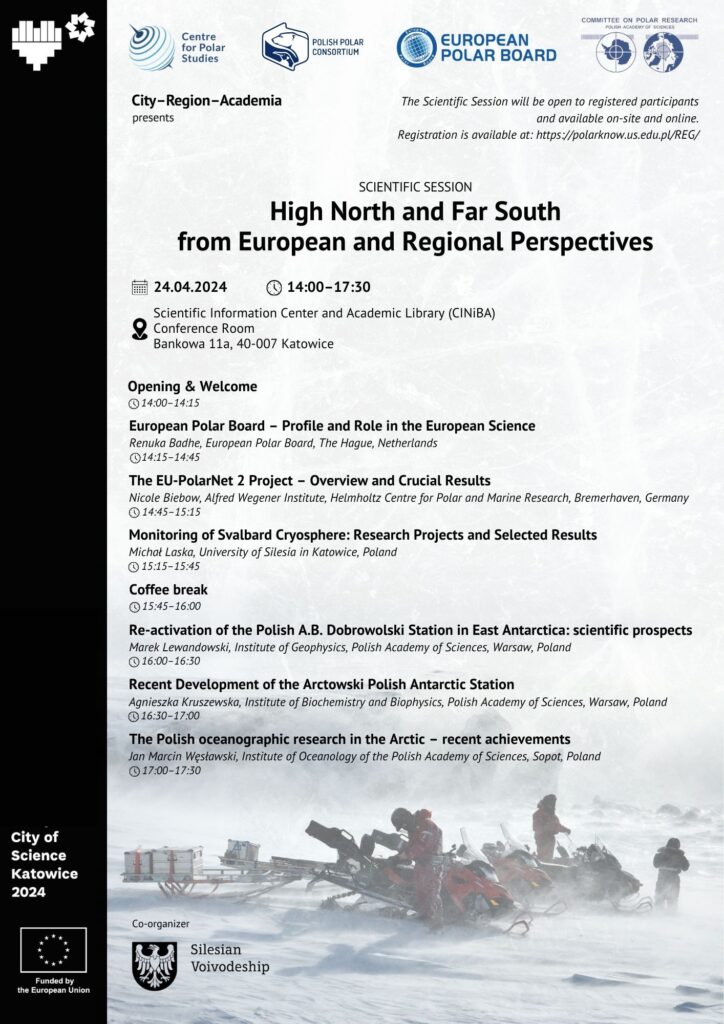
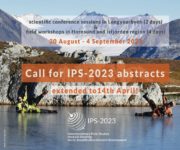
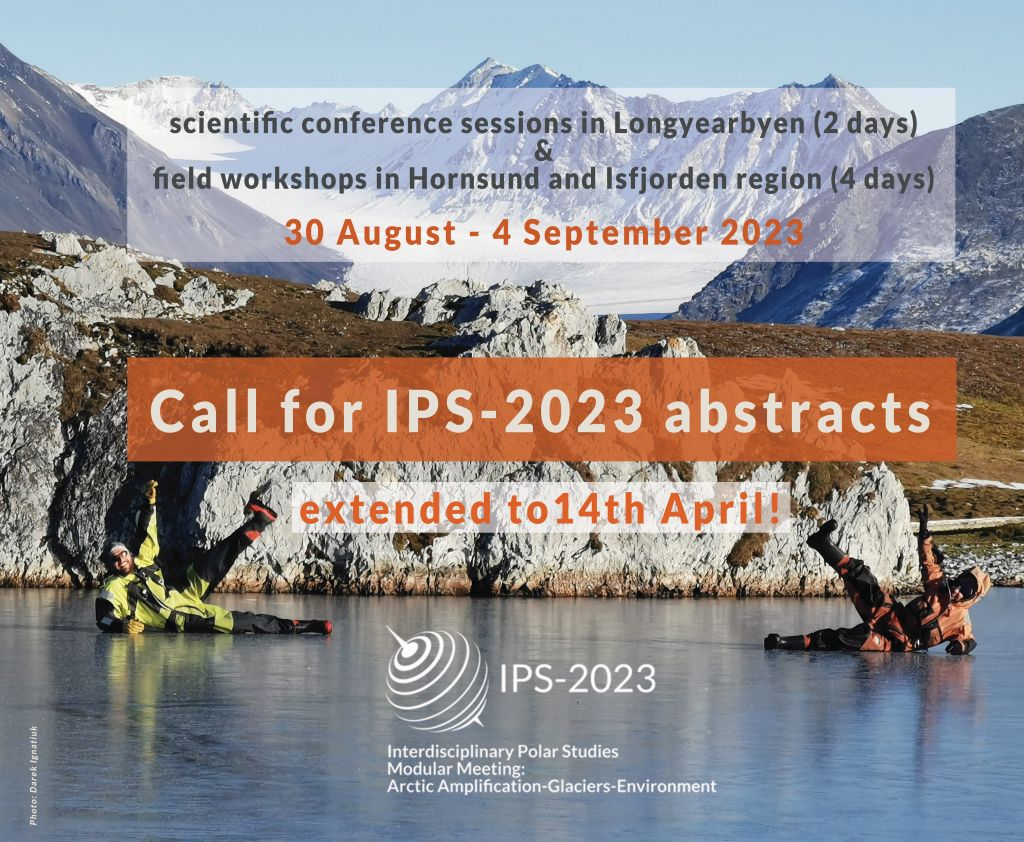 The Interdisciplinary Polar Studies 2023 (IPS-2023) Modular Meeting will be held in Svalbard (Longyearbyen, Hornsund and Isfjorden) between August 30 and September 4, 2023.
The Interdisciplinary Polar Studies 2023 (IPS-2023) Modular Meeting will be held in Svalbard (Longyearbyen, Hornsund and Isfjorden) between August 30 and September 4, 2023.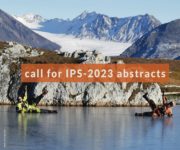
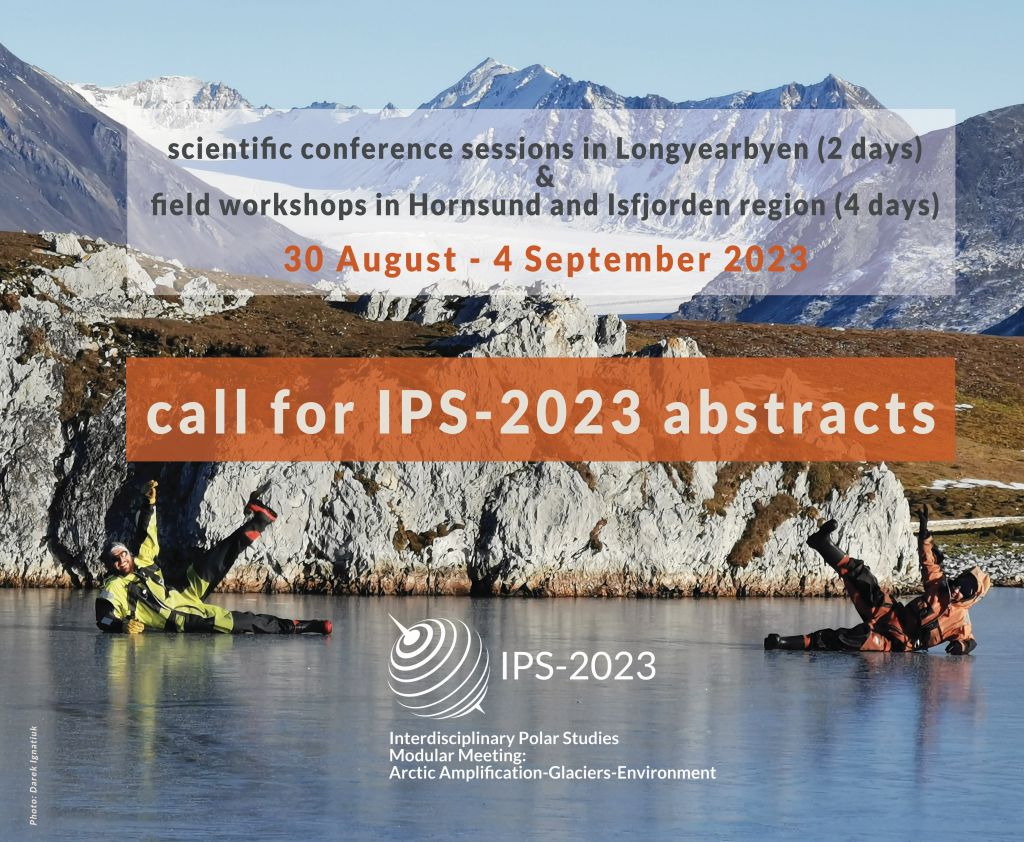 We are delighted to announce an open call for IPS-2023 abstracts!
We are delighted to announce an open call for IPS-2023 abstracts!